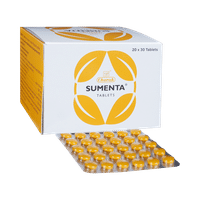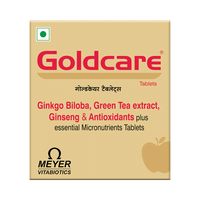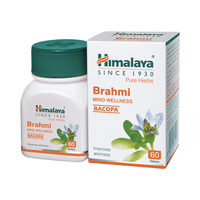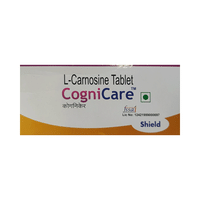Rs.342for 1 strip(s) (10 tablets each)
food interaction for Sulpitac Tablet
alcohol interaction for Sulpitac Tablet
pregnancy interaction for Sulpitac Tablet
lactation interaction for Sulpitac Tablet
food
alcohol
pregnancy
lactation
Sulpitac OD 200mg Tablet may be taken with or without food.
None
None
CAUTION
It is not known whether it is safe to consume alcohol with Sulpitac OD 200mg Tablet. Please consult your doctor.
CONSULT YOUR DOCTOR
Information regarding the use of Sulpitac OD 200mg Tablet during pregnancy is not available. Please consult your doctor.
CONSULT YOUR DOCTOR
Sulpitac OD 200mg Tablet may be unsafe to use during breastfeeding. Limited human data suggests that the drug may pass into the breastmilk and harm the baby. It should be used only if the expected benefit outweighs the potential risk. Please consult your doctor.
CONSULT YOUR DOCTOR
SALT INFORMATION FOR Sulpitac 200mg Tablet
Amisulpride(200mg)
Sulpitac tablet uses
{med_name} is used in the treatment of schizophrenia.
How sulpitac tablet works
Sulpitac OD 200mg Tablet is an atypical antipsychotic. It works by modulating the action of certain chemical messengers in the brain that affect thoughts.
Common side effects of sulpitac tablet
Nausea, Vomiting, Dryness in mouth, Constipation, Weight gain, Decreased blood pressure, Dystonia (involuntary muscle contractions), Akathisia (inability to stay still), Increased prolactin level in blood, Blurred vision, Insomnia (difficulty in sleeping), Erectile dysfunction
SUBSTITUTES FOR Sulpitac Tablet
141 Substitutes
141 Substitutes
Sorted By
 Rs. 237.51save 32% more per Tablet
Rs. 237.51save 32% more per Tablet Rs. 240.79save 30% more per Tablet
Rs. 240.79save 30% more per Tablet Rs. 347.20pay 1% more per Tablet
Rs. 347.20pay 1% more per Tablet Rs. 245.60save 30% more per Tablet
Rs. 245.60save 30% more per Tablet Rs. 342.19save 2% more per Tablet
Rs. 342.19save 2% more per Tablet
Expert advice FOR Sulpitac Tablet
- Amisulpride helps treat schizophrenia.
- Take it at bedtime to avoid feeling sleepy during the day.
- Use caution while driving or doing anything that requires concentration as Amisulpride can cause dizziness and sleepiness.
- To lower the chance of feeling dizzy or passing out, rise slowly if you have been sitting or lying down.
- Do not consume alcohol while on treatment with this medicine as it may worsen the side effects.
- It may cause increased weight, blood sugar, cholesterol, and triglycerides (fat) levels. Eat healthy and exercise regularly.
- Inform your doctor if you are pregnant, planning to conceive or breastfeeding.
- Do not stop taking Amisulpride without talking to your doctor first as it may cause worsening of symptoms.
Frequently asked questions FOR Sulpitac 200mg Tablet
Amisulpride
Q. Does Sulpitac OD 200mg Tablet make you sleepy?
Yes, Sulpitac OD 200mg Tablet may make you sleepy, drowsy, less alert, and may even blur your vision. If you experience these symptoms you should not drive or operate heavy machinery.
Q. When should I take Sulpitac OD 200mg Tablet?
The time of taking the medicine will be suggested by your doctor depending upon your dose. Doses up to 300 mg can be taken anytime of the day but preferably at the same time each day. Doses more than 300 mg can be taken half in the morning and half in the evening. You can take the medicine during or between meals.
Q. What does Sulpitac OD 200mg Tablet do to the brain?
Sulpitac OD 200mg Tablet belongs to antipsychotic class of medicines. It acts against dopamine receptors in the brain. Dopamine is a neurotransmitter which helps in regulating mood and behavior. Schizophrenia is associated with an overactivity of dopamine in the brain, and this overactivity may cause delusions and hallucinations. Sulpitac OD 200mg Tablet prevents this excessive activity of dopamine in the brain which helps in treating symptoms of schizophrenia.























